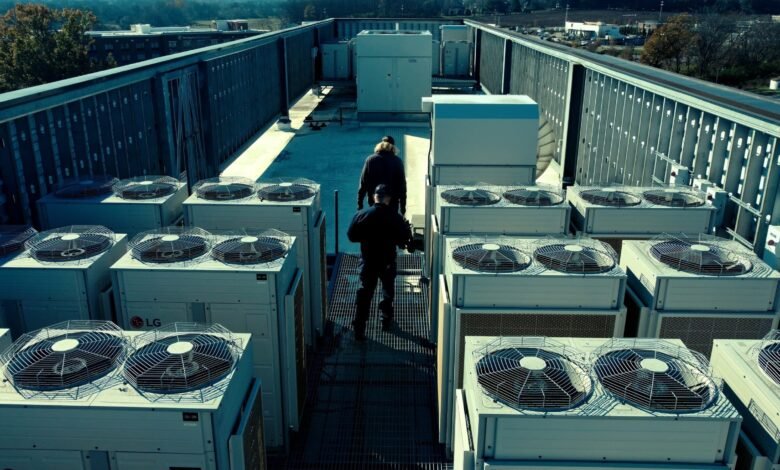How to Choose the Right HVAC System for Your Commercial Building

Choosing the right HVAC (heating, ventilation, and air conditioning) system for your commercial building is a crucial decision that can impact the comfort, health, and productivity of occupants, as well as your energy bills and bottom line. With so many options available, selecting the right system can be overwhelming. In this article, we’ll guide you through the key considerations and steps to choose the right HVAC system for your commercial building.
Assessing Your Building’s Needs
Before selecting an HVAC system, it’s essential to assess your building’s specific needs. Consider the following factors:
- Building Size and Layout: The size and layout of your building will impact the type and size of the HVAC system you need.
- Occupancy and Usage: Different types of businesses and occupancies have unique HVAC requirements. For example, a restaurant may require more ventilation than an office building.
- Climate and Weather: Your building’s location and climate will influence the type of HVAC system you need. For example, buildings in hot and humid climates may require more cooling capacity.
- Energy Efficiency and Costs: Consider your energy budget and the potential for energy savings with different HVAC systems.
- Existing Infrastructure: Take into account any existing infrastructure, such as ductwork or piping, that may impact your HVAC system choice.
Types of HVAC Systems
There are several types of HVAC systems to consider for commercial buildings:
- Central Systems: Central systems use a single unit to heat and cool the entire building. They can be more efficient and cost-effective for larger buildings.
- Split Systems: Split systems use separate units for heating and cooling, often with a outdoor condenser unit and an indoor evaporator unit.
- Packaged Systems: Packaged systems are self-contained units that include all components in a single package.
- Ductless Systems: Ductless systems use individual units to heat and cool specific zones or areas of the building.
Key Considerations
When choosing an HVAC system, consider the following key factors:
- Energy Efficiency: Look for systems with high energy efficiency ratings, such as SEER (Seasonal Energy Efficiency Ratio) or AFUE (Annual Fuel Utilization Efficiency).
- System Reliability: Consider the reliability and durability of the system, as well as the manufacturer’s warranty and support.
- Maintenance and Repair: Think about the maintenance and repair requirements of the system, including the cost and frequency of replacement parts.
- Scalability and Flexibility: Consider whether the system can adapt to changing building needs or expansions.
- Noise and Vibration: Think about the potential impact of the system on occupant comfort and noise levels.
Steps to Choose the Right HVAC System
- Consult with an Expert: Work with a qualified HVAC professional to assess your building’s needs and recommend suitable systems.
- Evaluate System Options: Compare different system types, sizes, and configurations to determine the best fit for your building.
- Consider Energy Efficiency and Costs: Evaluate the energy efficiency and costs of different systems, including potential savings and payback periods.
- Assess System Reliability and Maintenance: Consider the reliability and hvac preventative maintenance requirements of different systems, including the cost and frequency of replacement parts.
- Evaluate System Scalability and Flexibility: Think about whether the system can adapt to changing building needs or expansions.




